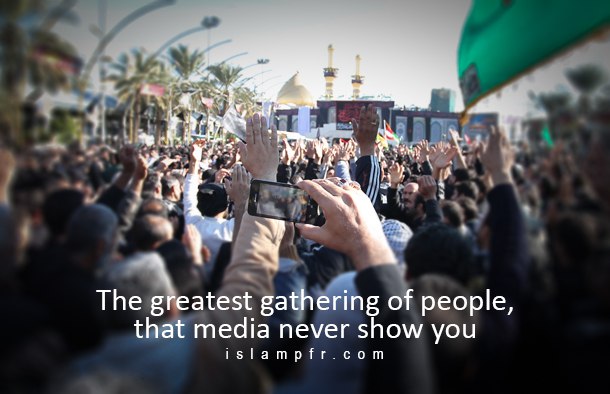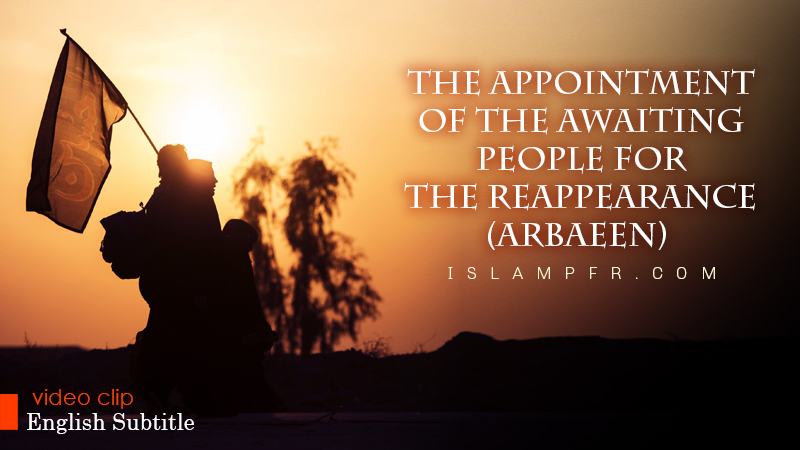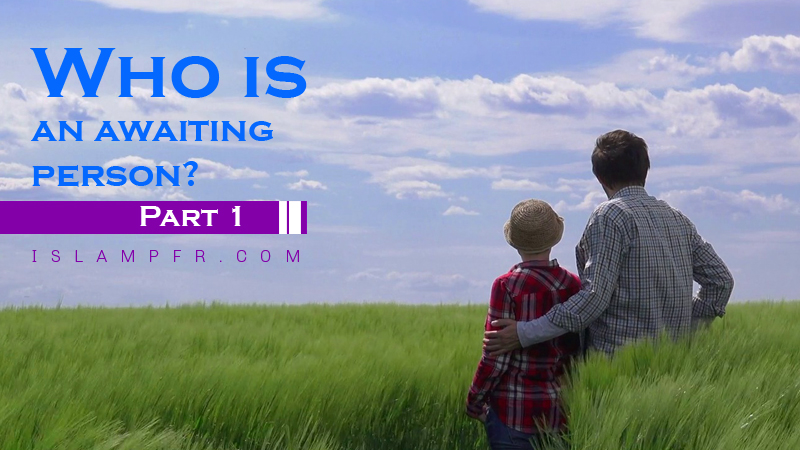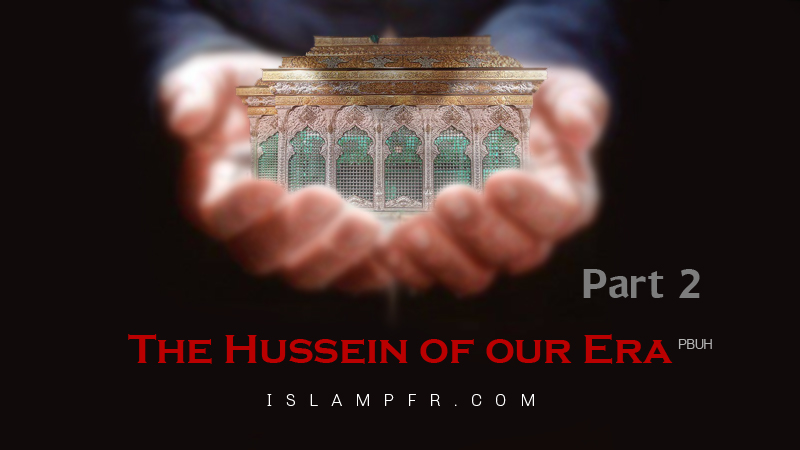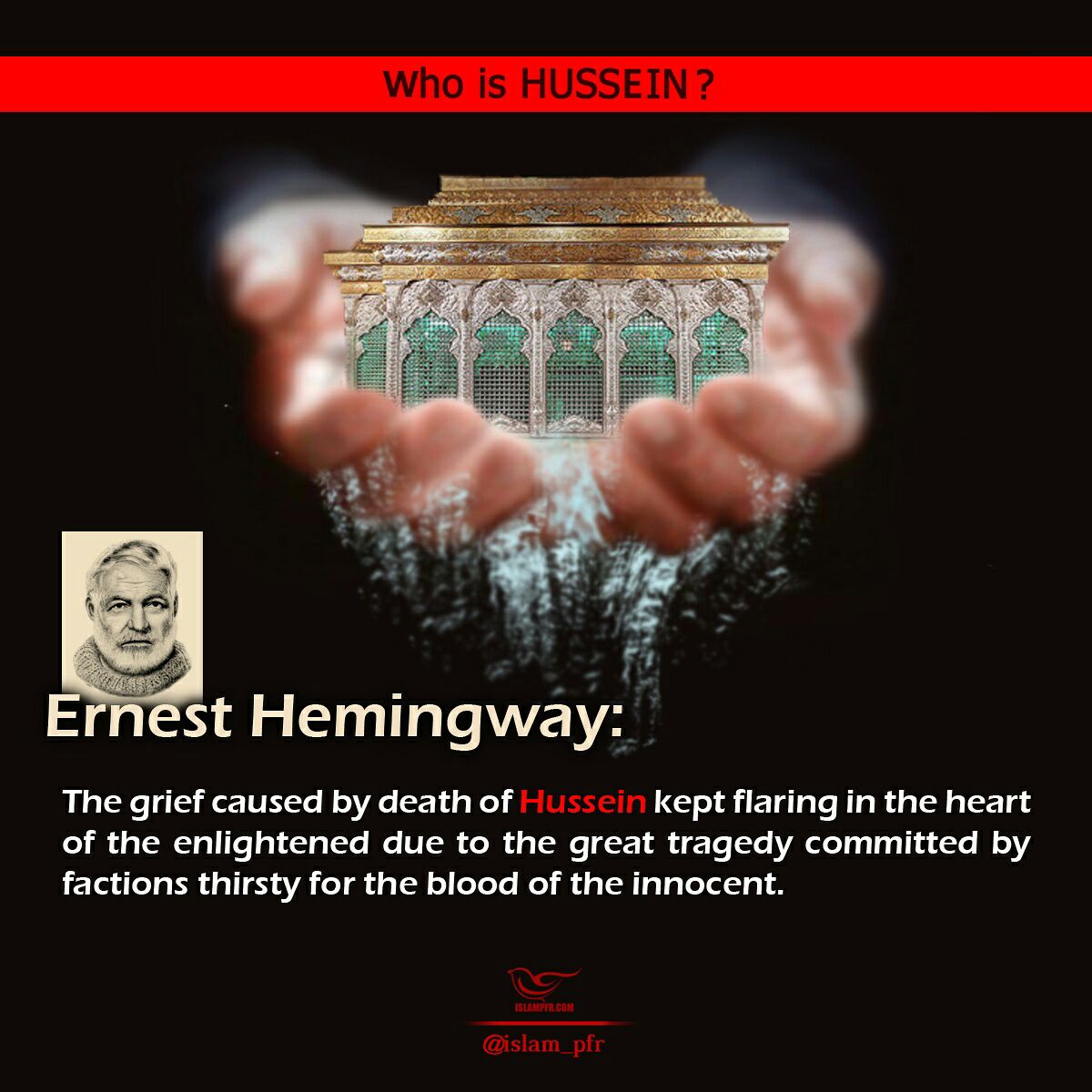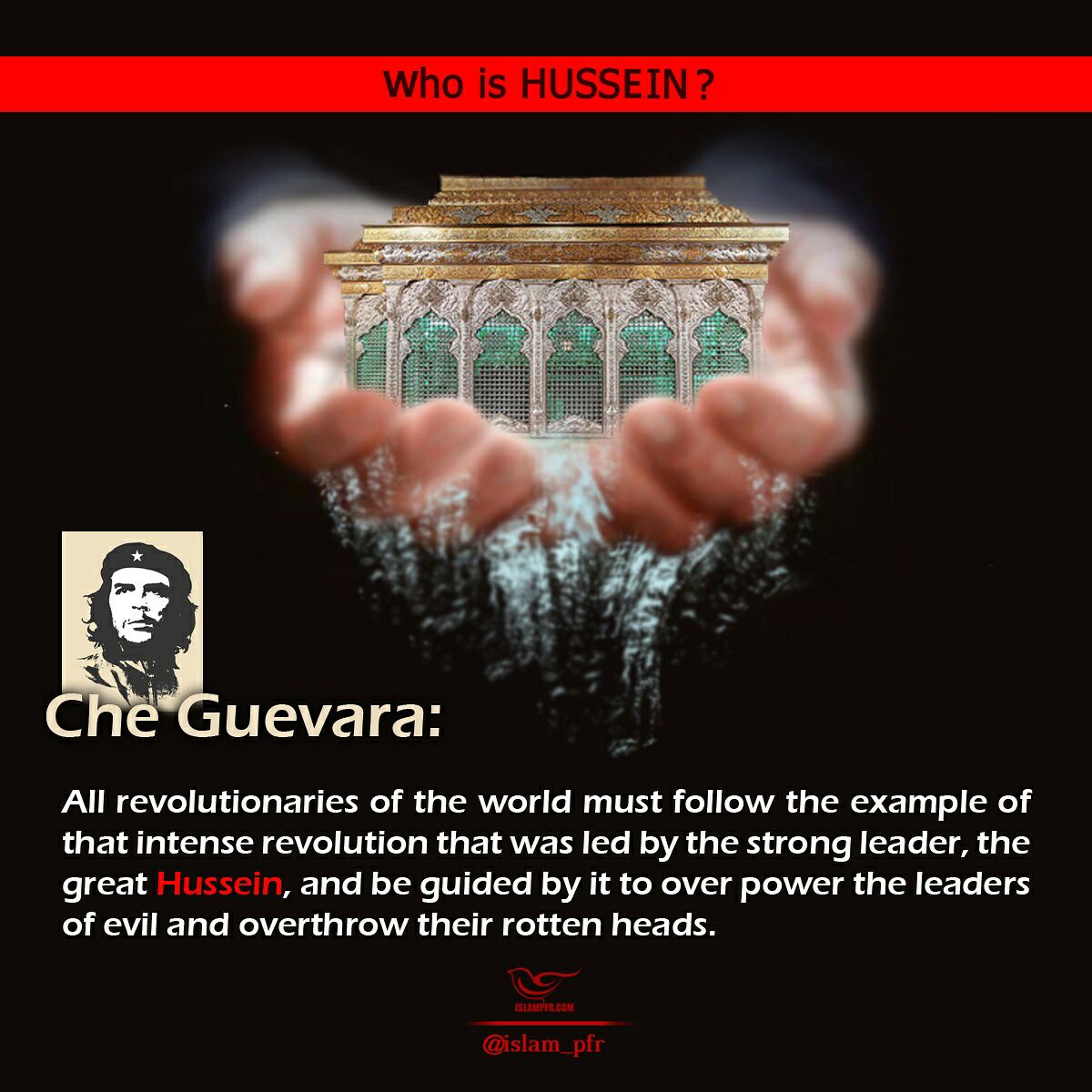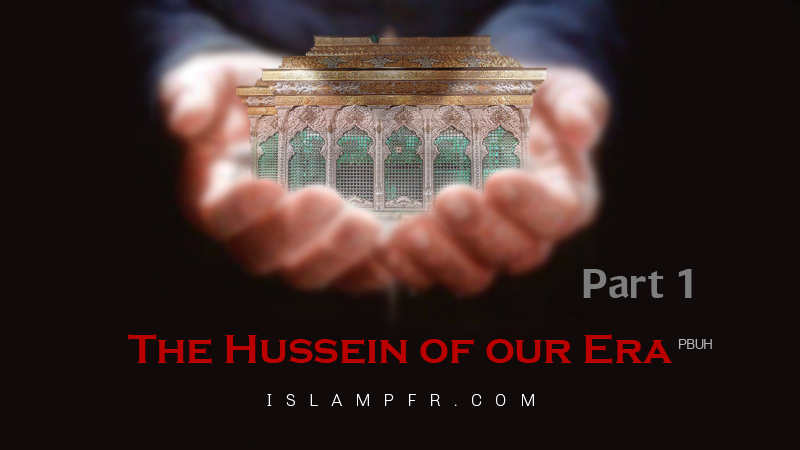The revealing debate of Imam Hassan (PBUH) with Muawiyah and his Supporters
Part 1
The late Shaikh Tabarsi in his honorable book, Ratiocination, quoted the debate that took place between Imam Hassan (PBUH) and Muawiyah and his Supporters. The debate was made by order and conspiracy of Muawiyah to Contempt and Subjugate Imam Hassan (PBUH), but the result was nothing but disgrace for Muawiyah and his Supporters. The Riwayah text in Ratiocination book is
Shaabi and Abu Mikhnaf and Yazid ibn Abi Habib said: There was no day in which an event had been held and a group gathered together who made more Contention and yelling and exaggeration than the day that Muawiyah bin Abu Sufyan, Amr ibn Othman ibn Affan, Amr ibn Aass, Atbah ibn Abu Sufyan, Walid ibn Atbah ibn abi Maeet and Muquaayrah ibn Shouba, gathered and colluded
Amr ibn Aass said to Muawiyah: Why don’t you summon Hassan ibn Ali, since he is doing the same as his father and making adherents. If he ordered, it would be obeyed and if he said something it would be accepted. These two points would elevate his position. I hope you summon him, so that we can bring down the position of him and his father and vituperate them. That is why we are here
Muawiyah replied: I fear that he answers us in an unanswerable way. Swear to Lord, I always abominate him and turn my face away whenever I see him. If I call him, I will behave in impartiality between you and him. Amr ibn Aass said: “Do you fear that he would overcome us?” He answered: “No.” Amr ibn Aass said: “So summon him
Atbah said: “I disagree, swear to God you could not defeat him with your power, but he will come with his whole gut, since he is from the family who has men fighting.”
When he sent an envoy to Imam Hassan (PBUH) and he said that Muawiyah summons him, Imam asked: “Who else is with him?” He said their names. Imam asked: “What do they want? I wish God send his punishment upon them!” Then he asked his servant to give him his clothes. He said: “Oh Lord! I distance from their evil by relying on you and take refuge in you from their evil and ask for your help against them, so by whatever means or whenever you want, annihilate them on your power, you’re the most Merciful.” Then he said to Muawiyah’s envoy: “These are the liberation words that I intone.”
When Imam Hassan (PBUH) came into Muawiyah, he welcomed the Imam and shook his hands. Imam told Muawiyah: “Your welcome means I’m safe?” Muawiyah said: “Of course, they didn’t listen to me and summoned you to make you confess that Othman was killed innocently by your father. Now hear what they say and confute them without considering my position.”
Imam answered: “Praise the Lord! This is your place and in your place there must be your permission. I swear if I confute them in what they considered, I’ll abash at your reviling, and if they overcome you, I’ll abash at your failure. Which one of these will you admit? If I knew that they’ve plotted out, I would bring from Bani Hashem of their numbers. Although my solitude and their assemblage is frightening to me, God the Almighty will always protect and support me. Now tell them to start to talk, there is nothing more than the power of the Great and Almighty Lord.
Start of the debate by words of Othman ibn Affan’s son
Amr ibn Othman ibn Affan started his speech and said: “I never thought after killing Othman who was the Caliph, Abdul Muttalib’s sons could survive, while Othman was their niece and he had the virtuous position in Islam and The Holy Prophet respected him. What they did to him was too bad and they killed him because of rebellion and sedition and jealousy. They wanted something they don’t (didn’t) deserve. With all the dignity and background that he had with God, the Prophet and Islam! Oh! What a pity that Hassan and Abdul Muttalib’s sons who are Othman’s murderers are still alive while Othman’s blood was shed! In addition, killing of nineteen of the Umayyads who had been killed in the Battle of Badr is on you.”
Amr ibn Aass’s words
After Amr ibn Othman, Amr ibn Aass started to talk and after praising God, said: “You, the Son of Abu Turab! We have summoned you to make you confess that your father poisoned Abu Bakr Siddiq and was accomplice in killing Umar Farouk and killed Othman Dhun-Nurayn. Your father asked something he did not deserve and received his retribution.” Then he explained the story of Othman’s killing and blamed him, then continued: “Abdul Muttalib’s sons! You have no right to rule on this land. Hassan! You consider yourself as the Commander of the Faithful while you don’t have enough wisdom and tact, how do you think this way, while you’ve been rejected and you’re well-known as the ignorant of Quraysh? This is your fate after what your father did. We called you to be here and hear our Profanity to your father and yourself. Now, you have no power and no right to stop us or impugn. If you think we’re lying, say something, and if not it’s better that you know that you and your father are the worst in the world. And about your father, God killed him himself and there was no need for us to do it. But you are under our decision and we are free to choose; if we kill you we won’t be guilty in the eyes of neither God nor people.
Attbah ibn Abu Sufyan’s words
Then Attbah ibn Abu Sufyan started his speech, he said: “Hassan! Your father was the worst of Quraysh for the Quraysh, he broke up with them more than any other and killed them more than anyone else, you’re one of Othman’s Killers, we have the right to kill you because of that, and based on Qur’anic injunctions we should do Qisas, and we will. God took our revenge of your father and killed him. You hope that you would be Caliph while you don’t deserve it among others.”
Walid ibn Aqubah’s words
After Atbah, Walid ibn Aqubah bin abi Maeet gave a speech like others and said: “Bani Hashems’! You were the first persons who carped Othman and relucted against him, and because of your Greed to rule broke up with him and killed him. Your desire for this humble and worthless vale made you kill people.”
Muquaayrah ibn Shouba’s words
Then Muquaayrah ibn Shouba started to talk. He was cursing Imam Ali (PBUH) overall. Then he said: “Hassan! Othman was killed innocently. There is no way to exculpate your father from killing Othman. Infact we suspect that your father accompanied, gave shelter and defended Othman’s killers and wanted him dead. He had a long sword and tongue and killed living people and caviled the dead. The Umayyads were better than Bani Hashems for the other. Hassan! Muawiyah for you is better than you are for Muawiyah.”
“When the Prophet was alive, he always had animosity towards him, before the Prophet passed away, your father provoked people against him and decided to kill him, and the prophet always knew these. Then your father refused to swear allegiance to Abu Bakr until he was brought forcefully, then he machinated and killed Abu Bakr by poison. Then he disclaimed with Umar and tried to behead him. And then it was Othman’s turn. The blood of all these persons is on your father. And now what will God do with him?!!
God says in the Holy Quran; authority and power are on the Avenger of blood and here Muawiyah is the avenger of blood (of Othman), so that if we kill you and your brother, we do the right thing; Ali was not more important than Othman. Abdul Muttalib’s sons! God did not confine Kingship and prophecy in your bloodline.” He said these and took silence.
Imam Hassan’s (PBUH) answers
Imam Hassan (PBUH) started to talk and said: “Praise God for guiding your first ancestors by our first ancestor and your last descendants by our last descendant, Peace be upon our Sayyed Mohammad and his dynasty. Now, listen carefully to what I say and then tell me what you get out of it.”
....to be continued
Islampfr.com

